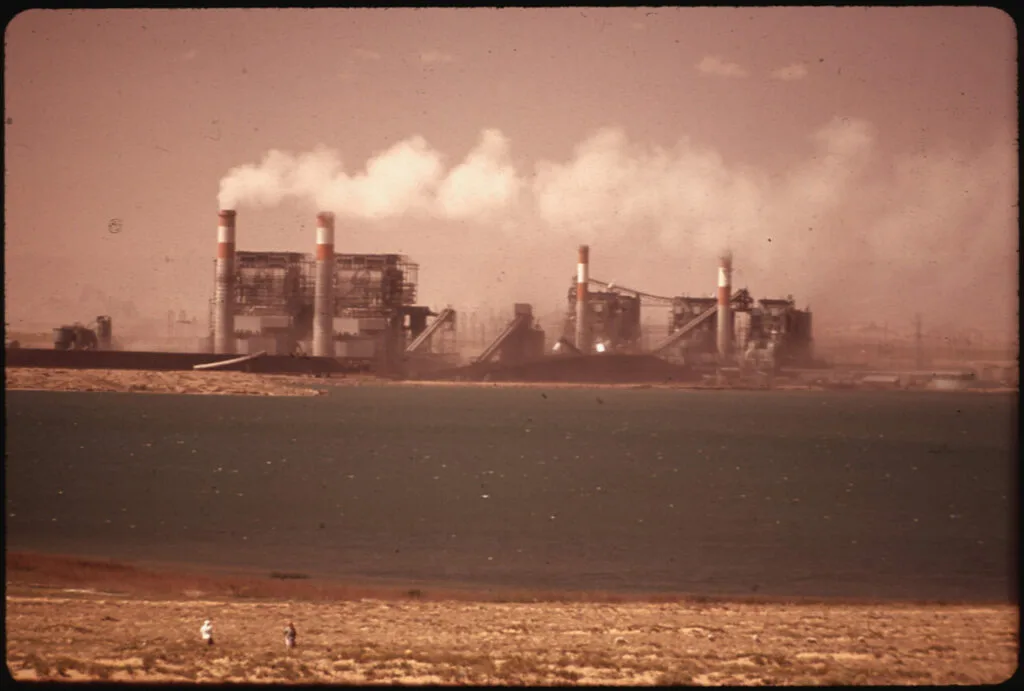EPA Rolls Back Regulations During Pandemic, Shifts Burden To States, Tribes

April 3, 2020
Share
As the country reels from the spread of the novel coronavirus, federal regulators say they can’t keep up with the enforcement of environmental laws. They’re also mounting a push-back campaign against press reports and lawmakers who questioned the new policy.
Last Thursday, the U.S. Environmental Protection Agency emailed that because of the ongoing COVID-19 pandemic, it is allowing regulated industries to use their own discretion to report violations of clean air and water laws.
More than four decades ago, the U.S. Congress passed laws such as the Clean Air and Clean Water acts and the Safe Drinking Water Act—laws that guide how oil and gas facilities, power plants, military installations, and drinking water utilities are supposed to operate. EPA is responsible for enforcing those laws, along with state, local and tribal agencies.
However, state environment regulators learned of the changes only as they were announced publicly via the March 26 email. They didn’t have a hand in shaping the policy, nor the opportunity to comment on it.
Sen. Tom Udall, D-New Mexico, called the new policy a “green light” for polluters to act without fear of penalties, and said it puts the environment and public health at risk.
Continue reading on New Mexico PBS.
Latest Documentaries
Explore
Policies
Teacher Center
Funding for FRONTLINE is provided through the support of PBS viewers and by the Corporation for Public Broadcasting, with major support from Ford Foundation. Additional funding is provided the Abrams Foundation, Park Foundation, John D. and Catherine T. MacArthur Foundation, Heising-Simons Foundation, and the FRONTLINE Trust, with major support from Jon and Jo Ann Hagler on behalf of the Jon L. Hagler Foundation, and additional support from Koo and Patricia Yuen. FRONTLINE is a registered trademark of WGBH Educational Foundation. Web Site Copyright ©1995-2025 WGBH Educational Foundation. PBS is a 501(c)(3) not-for-profit organization.



















